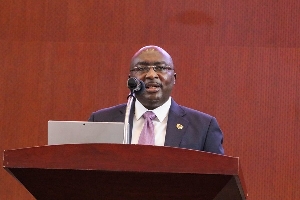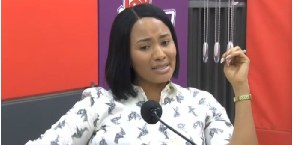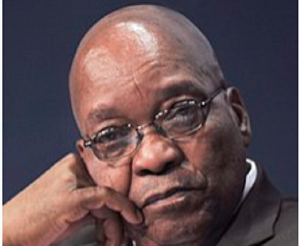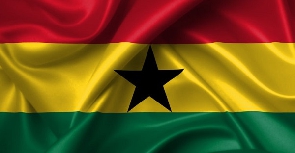- Home - News
- TWI News | TV
- Polls
- Year In Review
- News Archive
- Crime & Punishment
- Politics
- Regional
- Editorial
- Health
- Ghanaians Abroad
- Tabloid
- Africa
- Religion
- Election 2020
- Coronavirus
- News Videos | TV
- Photo Archives
- News Headlines
- Press Release
General News of Wednesday, 8 May 2024
Source: www.ghanaweb.com
Cedi depreciation against US dollar has improved under NPP, compared to NDC - Dr. Bawumia
Vice President Dr. Mahamudu Bawumia has asserted that the depreciation of the Ghana cedi against the US dollar has shown improvement now as compared to its value under the previous John Mahama administration.
He argued that the value of the local currency in the past seven years, under President Nana Addo Dankwa Akufo-Addo, has been relatively more stable than previously.
Speaking in an interview with AfricaWatch, he stated that the depreciation of the local currency against the US dollar has been rather sustainable despite the economic challenges being experienced in the country.
“Why not? We use averages to measure progress in statistics and economics all the time. It is a valid comparison of the management of the exchange rate under our government versus under the NDC government. The point is that notwithstanding the major global and domestic challenges we have been through, it is remarkable that whereas the exchange-rate depreciation between 2009-2016 averaged 13.9%, between 2017-2023 it averaged 13.1%. That is a fact,” Dr Bawumia stated.
He continued, “The data shows that from 2009-2016, the cedi depreciated cumulatively by 71.1%, and between 2017 and 2023, the cumulative depreciation was 64.6%. So, whether you look at the average or the cumulative, the depreciation of the cedi has been lower under our government, notwithstanding the severe global shocks we have endured. That is the basic truth.”
Dr. Bawumia, who is also the flagbearer of the New Patriotic Party for the 2024 general elections, defended his viral statement made in 2016, stating that the NDC administration had weak fundamentals, hence the cedi was in a woeful state and had exposed them [NDC].
“Absolutely! It is still true, and I will continue to stand by that statement. We saw that between 2017 and 2021 when the fundamentals in terms of the fiscal deficit, inflation, GDP growth, external balances, and international reserves were fairly strong, the exchange rate was relatively stable.
“But following the COVID-19 pandemic, the Russia-Ukraine war, the banking-sector crisis, the excess-capacity energy payments, and the lack of access to international capital markets, the fundamentals of the economy were weakened, and the fiscal deficit and debt levels increased,” he explained.
In 2022, Ghana experienced one of its worst economic downturns as it defaulted on making payments on most of its external debt, consisting of $30 billion.
The country has since been shut out from international capital markets and has now resorted to the domestic treasury bill markets for borrowing.
Ghana, which is currently under a 17th IMF bailout programme, on April 13, 2024, reached a staff-level agreement with the IMF Mission team on a second review that will pave the way for a third installment of the bailout funds of $360 million.
Ghana’s Extended Credit Facility programme with the IMF will span a three-year period.
MA/AE
Watch the latest edition of BizTech below:
Ghana’s leading digital news platform, GhanaWeb, in conjunction with the Korle-Bu Teaching Hospital, is embarking on an aggressive campaign which is geared towards ensuring that parliament passes comprehensive legislation to guide organ harvesting, organ donation, and organ transplantation in the country.
Click here to follow the GhanaWeb Business WhatsApp channel











